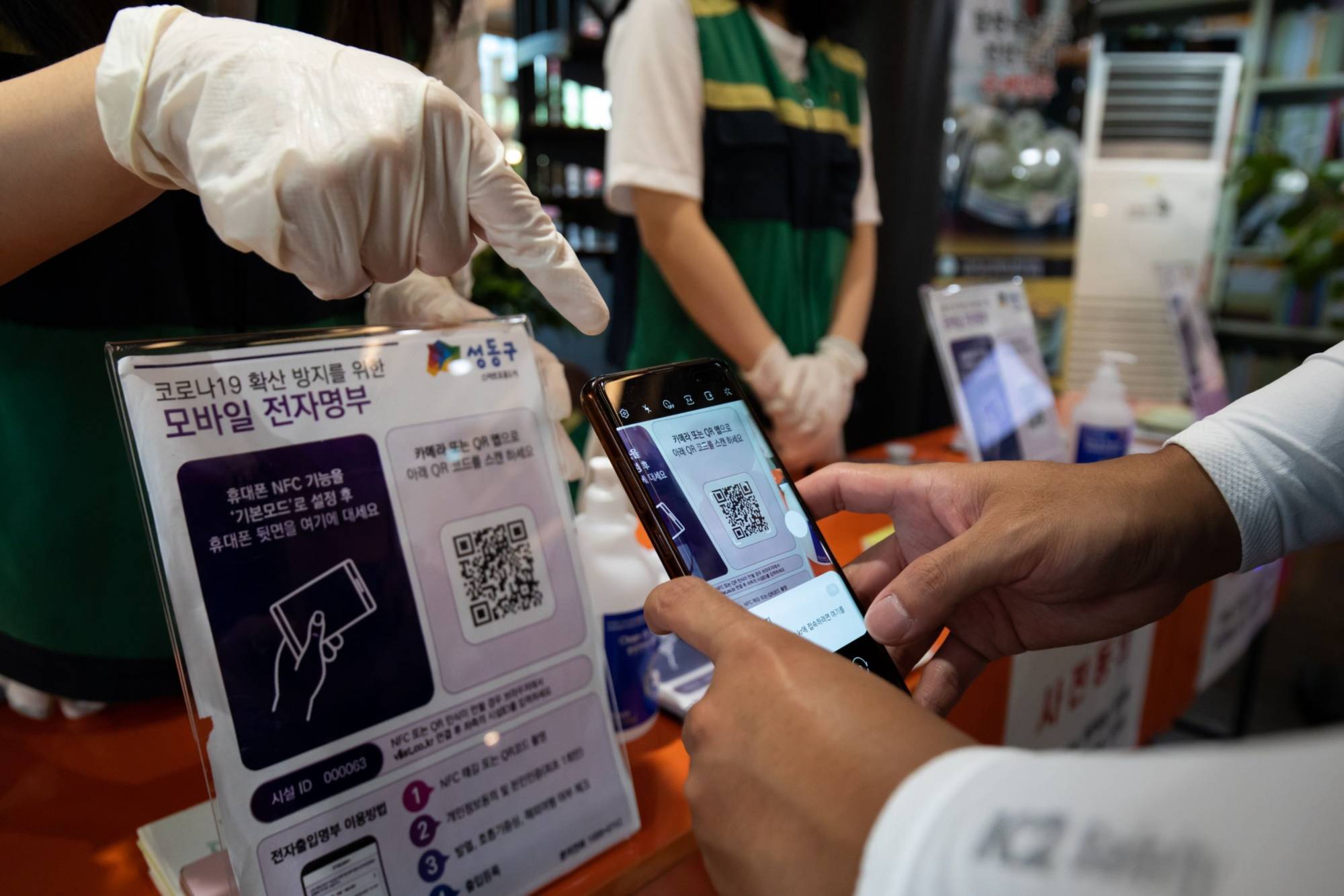As a resurgent coronavirus sweeps across Europe and the U.S., some health experts are calling for a "cluster-busting” approach to contact tracing like the one Japan and other countries in Asia have used with success.
Rather than simply tracking down the contacts of an infected person and isolating them, proponents advocate finding out where the individual caught COVID-19 in the first place. That extra step, known as backward tracing, exploits a weak spot of the virus — the tendency for infections to occur in clusters, often at superspreading events.
KJ Seung, a doctor who helps oversee contact-tracing for Massachusetts, said he adapted his approach this summer after watching a seminar with Japanese scientists. Since his team started backward tracing, they’ve uncovered clusters at weddings, funerals, bars and other places where people congregated, generating fresh insights into the spread of the disease.


















With your current subscription plan you can comment on stories. However, before writing your first comment, please create a display name in the Profile section of your subscriber account page.